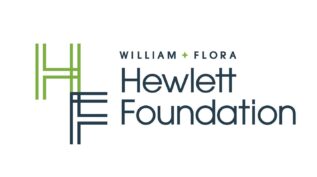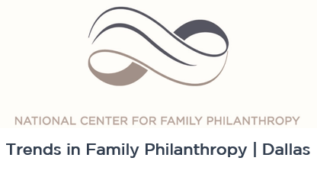Conflict of Interest Policy (George Family Foundation)
Posted on July 22, 2022 by George Family Foundation

The George Family Foundation (GFF) is committed to avoiding transactions or arrangements that give rise to a conflict of interest, potential conflict of interest, or the appearance of a conflict of interest. POTENTIAL Personal-Gain CONFLICTS No less than once a year, GFF Directors and staff will review a list of all GFF grantees, vendors, and other business partners — disclosing… Read More









